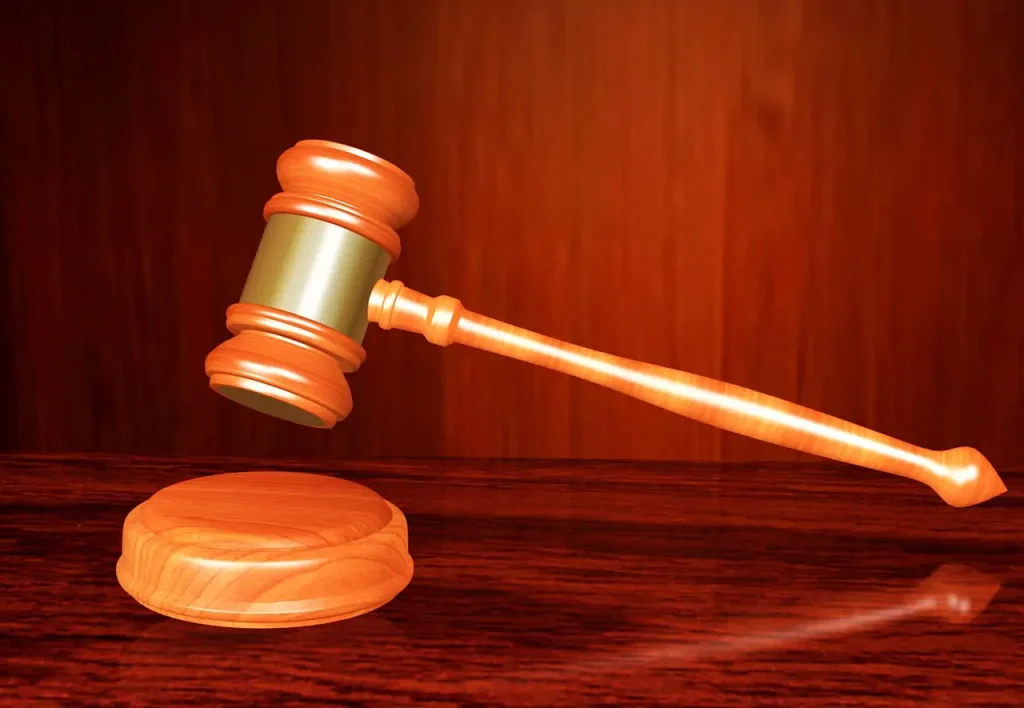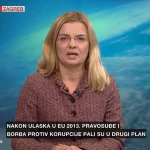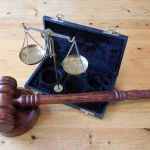In an interview with the N1 broadcaster, Milković said that only the head of state could request a new public call or it could be done by their office on their behalf and that that could not be done “by Parliament or an individual MP.”
President Milanović earlier in the day called on the DSV to urgently repeat the public call for applications for the post of Supreme Court President, informing it that he would not nominate any of the three applicants following a previous public call.
His office stressed that the President’s proposal “is not intended to influence in any way the DSV’s constitutionally and legally defined powers” but that the President wanted, “in the current chaotic situation, caused by changes to the Courts Act, to contribute to the best possible and most efficient functioning of the judicial authorities as well as enable the functioning of the State Election Commission after the expiry of the term of the current Supreme Court President.”
The Supreme Court President also serves as the chair of the State Election Commission.
Applications following the DSV’s previous public call were submitted by Supreme Court President Đuro Sessa, whose term expires in July, and attorneys Šime Savić and Lidija Horvat, with the latter having in the meantime withdrawn her application.
Milanović insists that proposing a candidate for the Supreme Court President is his constitutional right and he has proposed Zagreb law professor Zlata Đurđević for that post. However, Parliament Speaker Gordan Jandroković has refused to put his motion on Parliament’s agenda as unlawful.
Milanović has said that members of Parliament will nonetheless have to vote on his nominee.
The Constitutional Court on Tuesday concluded that the head of state can propose only a candidate who has submitted an application following a public call by the DSV and it claims that this does not restrict the President’s constitutional right to propose a candidate and Parliament’s right to elect them.
Prime Minister Andrej Plenković said on Wednesday that even though she was a law professor, Đurđević had agreed to be part of an unlawful procedure and that therefore she could not lead the highest judicial body.
“A person who does not respect the legal order cannot be the President of the Supreme Court because that body protects the legal order, the Constitution, international treaties, all laws,” he said.
Đurđević confirmed on Thursday that she did not plan to give up on her candidacy and that she would submit an application following a new public call by the DSV.
For more about politics in Croatia, follow TCN’s dedicated page.











